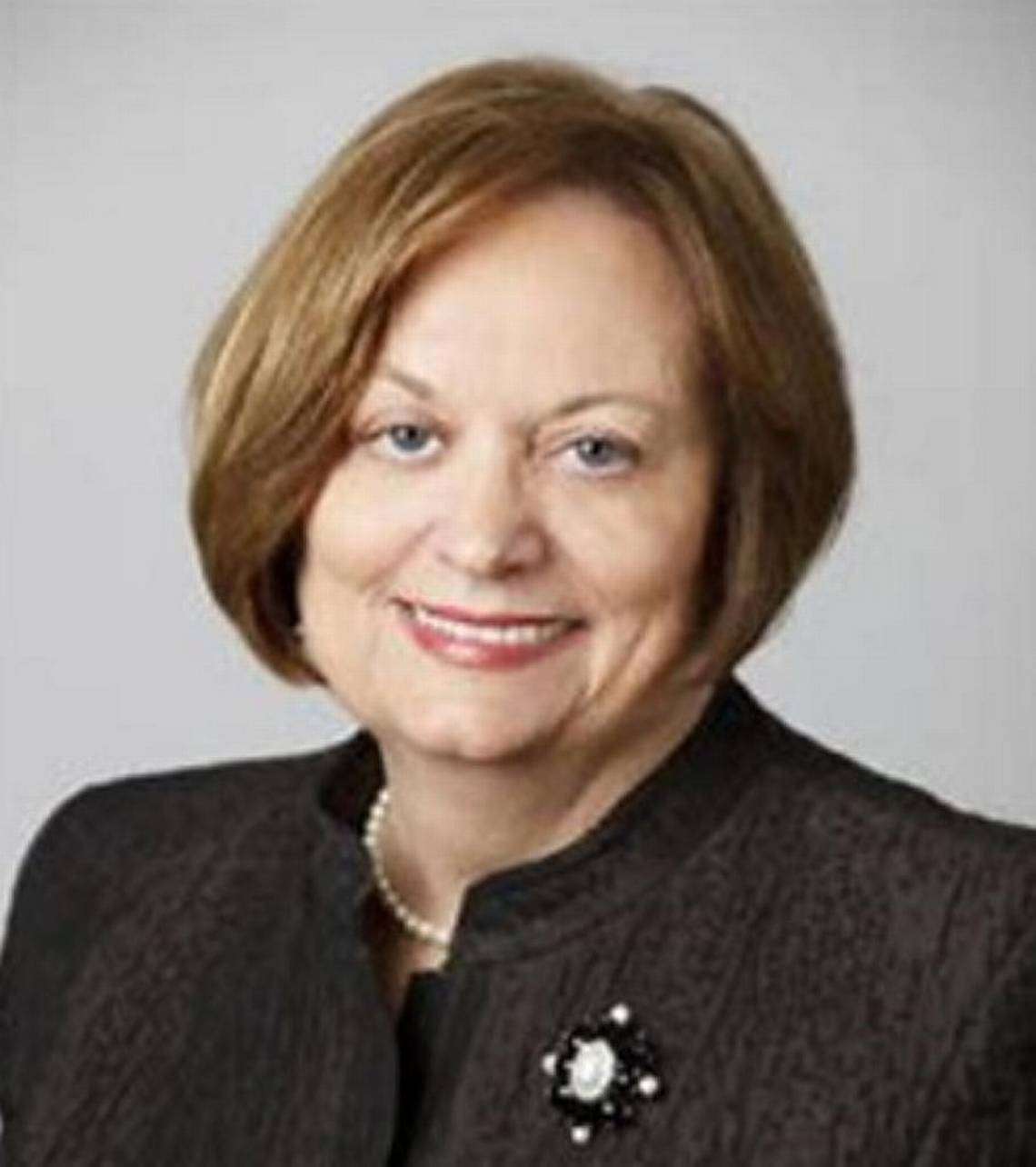
This summer felt like being trapped in a Groundhog Day movie—waking up to repeat the same blame-game politics day after day.
Republicans blamed Democrat gubernatorial candidate and current Governor Laura Kelly for unpopular COVID policies. Democrats blamed Republican candidate Attorney General Derek Schmidt for former governor Brownback’s failed economic policies.
The race also includes state Sen. Dennis Pyle, a third candidate who blamed both Kelly and Schmidt as not being conservative enough.
This fall, the focus is shifting toward current issues including public education.

Last week, Schmidt promised to call for the legislature to ban trans athletes in women’s sports within the first 100 days of his taking office.
Kelly had vetoed a similar bill last year, but the legislature could not find enough votes to override.
Therefore, rules for school sports are left to the Kansas State High School Activities Association which currently allows transgender student participation.
Yet, inclusion of transgender students in athletics remains controversial.
Conservatives believe that, if allowed to participate in athletics, transgender girls would have unfair advantage when competing with girls whose sex is that assigned at birth.
The Republican voter base appears to support a belief that students are being indoctrinated into views about gender and sexuality that their parents oppose.
The Democratic voter base holds that excluding students from competition because of the gender identity they express is discriminatory and that respect for students to choose their gender identity is a basic right.
The International Olympic Committee took a practical viewpoint on the issue. Its new policy will leave participation of trans athletes up to each individual sport.
The governing body of swimming will bar transgender women from elite Olympic events but will work toward establishing an “open” category that would ensure all swimmers have the chance to compete.
The UCLA School of Law Williams Institute estimated the transgender population by state and found in Kansas approximately 2,100 youth 13 through 17 or 1.04 percent of that population identify as transgender.
It is not known how many of these youth want to play school sports, but it is quite possible that a young person could attend grades 9 through 12 in Kansas without ever having class with a transgender student.
Nevertheless, this fall there is at least one Kansas first-grade student assigned male at birth who identifies and dresses as a girl with support of the parents.
That child will be included in the school and supported in learning according to state equal opportunity policies.
Gender identity is a highly publicized, highly emotional issue that should not deflect attention from critical and what should be nonpartisan school problems that include:
- Improving student academic achievement,
- Addressing teacher shortages without short-cutting high-quality teacher preparation,
- Increasing school safety and
- Finding ways to provide access for each Kansas student to computing and internet access for homework and school/parent interaction.
American democracy has endured for more than 200 years, despite wide-ranging religious and belief systems of its people. In November, Kansans will elect the politician they believe best able to lead the state beyond cultural wars that feed mistrust and anger and toward resolution of the overarching problems that we face.
We can learn more when Kelly and Schmidt debate at a Johnson County Bar Association event scheduled for Oct. 5. Pyle did not meet the seven percent polling threshold to participate.
Sharon Hartin Iorio is Dean Emerita Wichita State University College of Education.






